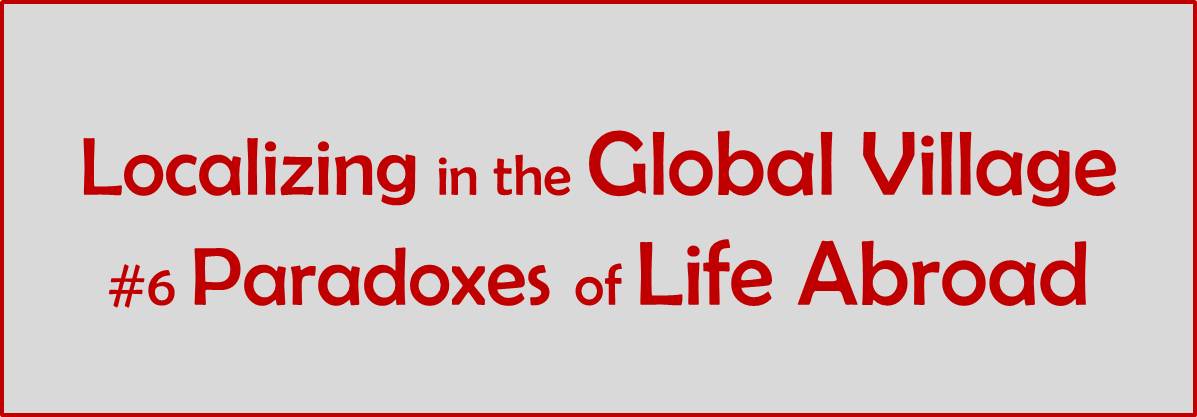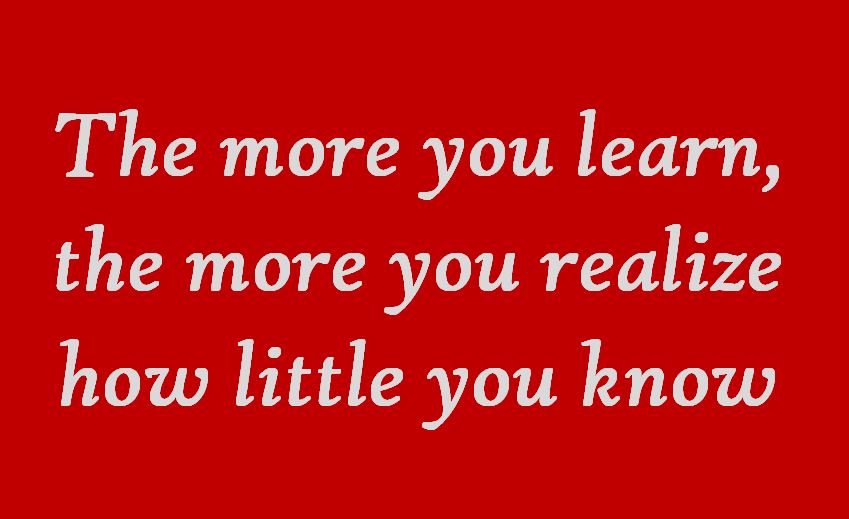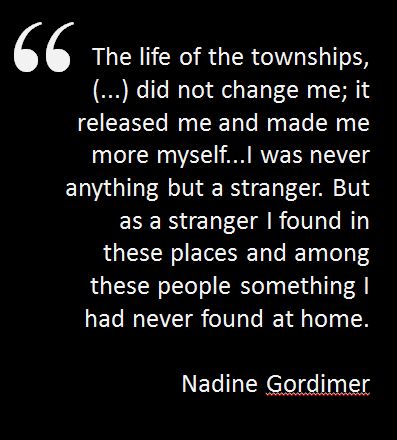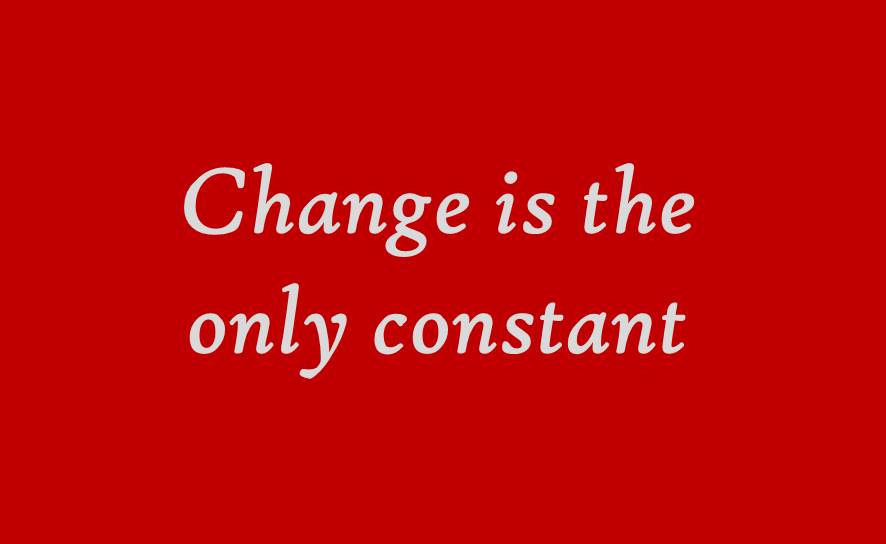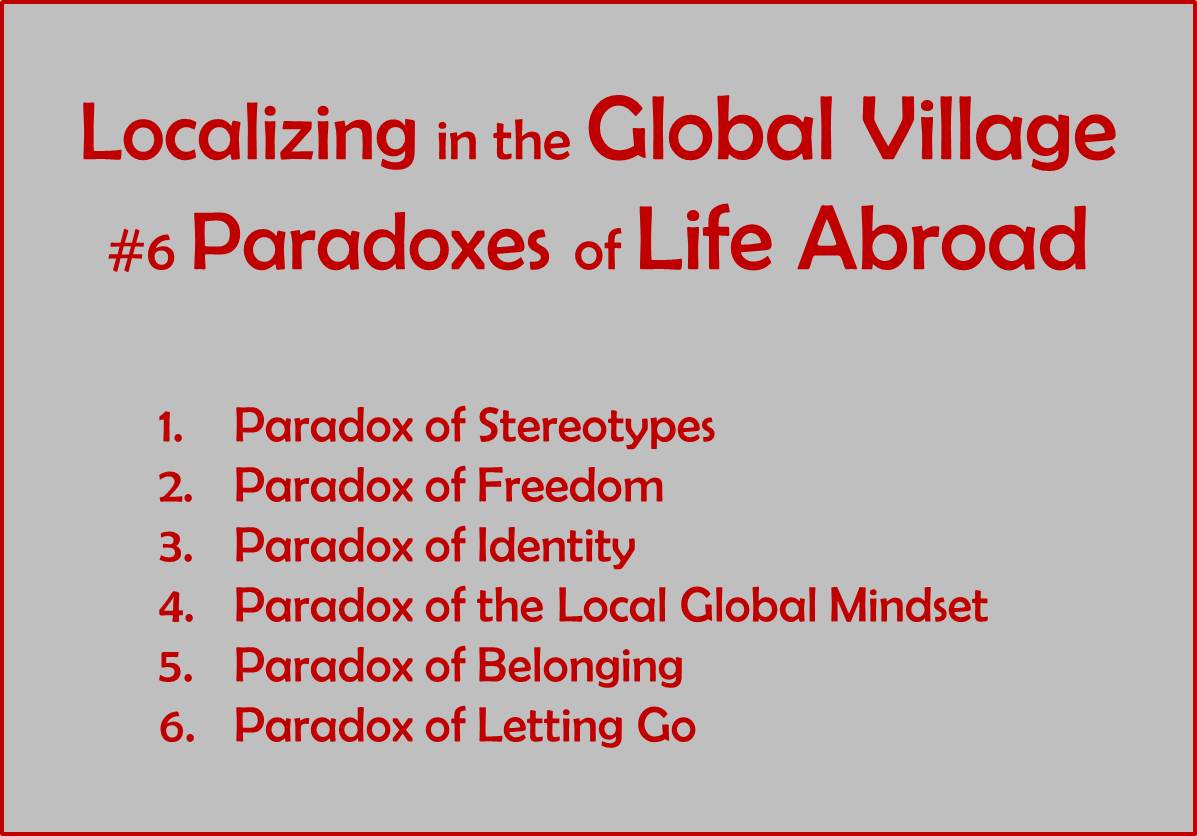One of my personal paradoxes abroad: While living in a highly collectivistic society, learning to enjoy being alone. In Mexico people have very large social networks and within that condition I somehow learned to like my own company. I wasn´t able to find that kind of inner peace in my individualistic home country, I had to be surrounded by large groups of people. That´s funny, isn´t it?
Along the way I noticed more twisted situations which reminded me of this academic paper called Expatriate Paradoxes and Cultural Involvement. The subject is paradoxical observations made by expatriates sent abroad by their companies. I recognized many of the comments and thought you might like to hear about it.
Do you recognize all six paradoxes?
One quick note before we get started. Paradox awareness has proved to be of help in understanding the various cultural and personal transitions expatriates make when moving abroad. They say paradox awareness develops the ability to analyze cross-cultural situations more accurately. It offers the insight of multiple truths which helps to understand confusing situations from various perspectives.
Note that the more you´re involved in the local culture, the more likely you experience paradox. Paradoxes #1-5 are basically an abstract of the study results. I added paradox #6 that wasn´t observed among the sample group.
1. Paradox of Stereotypes
Recognizing the general stereotype about the culture,
but also realizing that many locals do not fit that stereotype.
All cultures have typical stereotypes. They are often easily indentified and as a foreigner you see how many of the locals fit in the common cultural stereotypes. But as your cultural involvement increases those stereotypes begin to break down. Your experience becomes more personal by getting to know your colleagues better and developing better bonds with your new local friends, and slowly you realize that many locals do not match the stereotypes at all. You still recognize the stereotypes within a large part of society, but for many locals you see beyond the stereotypes. Awareness of this Paradox of Stereotypes is important to recognize and appreciate the individual differences within the culture.
2. Paradox of Freedom
Feeling freed from your own cultural norms and most host culture´s norms,
but not being free from certain host country customs in order to be effective.
The Paradox of Freedom deals with personal feelings of independence towards cultural behavior and expectations. Living outside your own country may cause an incredible feeling of anonymity which many expatriates perceive as a feeling of freedom. This is caused by the fact that you don´t have to comply anymore with the unwritten expactations of your own country nor are you obliged to adapt fully to the new culture. You´re able to be different to some extent, since locals usually tolerate distinctive behavior due to your foreign status. There are naturally boundaries and those boundaries cause the paradox: You´re feeling freed but for your personal convenience in order to be accepted within society, it´s crucial to behave and communicate appropriately according to the nation´s culture. So you´re both free and not free determined by the culture´s constraints.
3. Paradox of Identity
Giving up some of your values to be accepted,
but also becoming more convinced of some of your core values.
The Paradox of Identity has to do with the “integration battle”: Wanting to integrate but not wanting to loose one´s own identity at the same time. How much will you adapt and what will you give up or hold on to of your “old” self? Exposure to other ways of doing and thinking forces expatriates to question their cultural values. You may come to conclude that you cannot hold on to certain values since they´re unaccepted in your new living environment, or maybe you discover a better alternative in your host country. Nevertheless, some of your core values turn stronger because you happen to dissagree with the way certain issues are dealt with in your new country. That´s how you´re reshaping your identity in the midst of foreign rules and custums. It´s the inner journey of living abroad..
4. Paradox of the Local Global Mindset
Becoming more “world minded” as a result of exposure to different values,
but coming more idiosyncratic as to how you put together your own value system and view on life.
Exposure to new cultures makes us more “worldly” that is cultural educated and well-informed about life in different parts of the world. As a result you become more understanding of a wide range of people and their life choices. Being able to accept a larger range of differences in culture and religion from others, however, doesn´t make it neccesarily easier to decide for yourself how much of the broadened world you will select for your own identity and choices in life. On the one handside getting a more macro orientation to the world gives you a higher acceptance level towards others, but on the other handside you become more idiosyncratic as to how you decide for what it is that you want in life. I think this paradox of the Local Global Mindset is the most complicated one.
5. Paradox of Belonging
Feeling at ease anywhere,
but not belonging to a particular place anymore.
Succeeding and becoming comfortable in other countries often means sacrificing an unconscious sense of fit within one’s own culture. This means that you most likely feel at ease anywhere due to your required language and cross-cultural skills and due to the results of having this more “worldy mind”. It becomes more difficult, however, to determine where you belong. It depends on how long you´ve been living abroad, but as a result of your unique experience in another country and all the changes you´ve been through, you don´t neccesarily feel you belong back home anymore. I´m aware of how hard this sounds especially concerning your relatives and friends back home, but repatriates often struggle from this lack of belonging. Being different is the inherent consequence of moving abroad which causes this unease Paradox of Belonging.
6. Paradox of Letting Go
Having to let go and leaving behind of your own culture,
but first getting a more profound connection to it.
I described the Paradox of Letting Go once before. It comes down to the fact that when we´re settling in a foreign country and we´re confronted with cultural aspects, we use our home country as a frame of reference in order to make sense of the cultural differences and similarities. We reach for something familiar and relate automatically to what we know; the customs and rules of our mother country. In this stage, “floating” in our minds in between the two cultures is a common psychological phenomenon. The paradox: While trying to establish a connection to a new culture, unintentionally getting a stronger connection to our own culture first. Click to read a more detailed explanation of the Paradox of Letting Go.
Do you recognize the paradoxes? Have you also observed a personal paradox during your stay abroad? Share your experiences with us!
